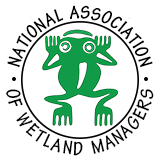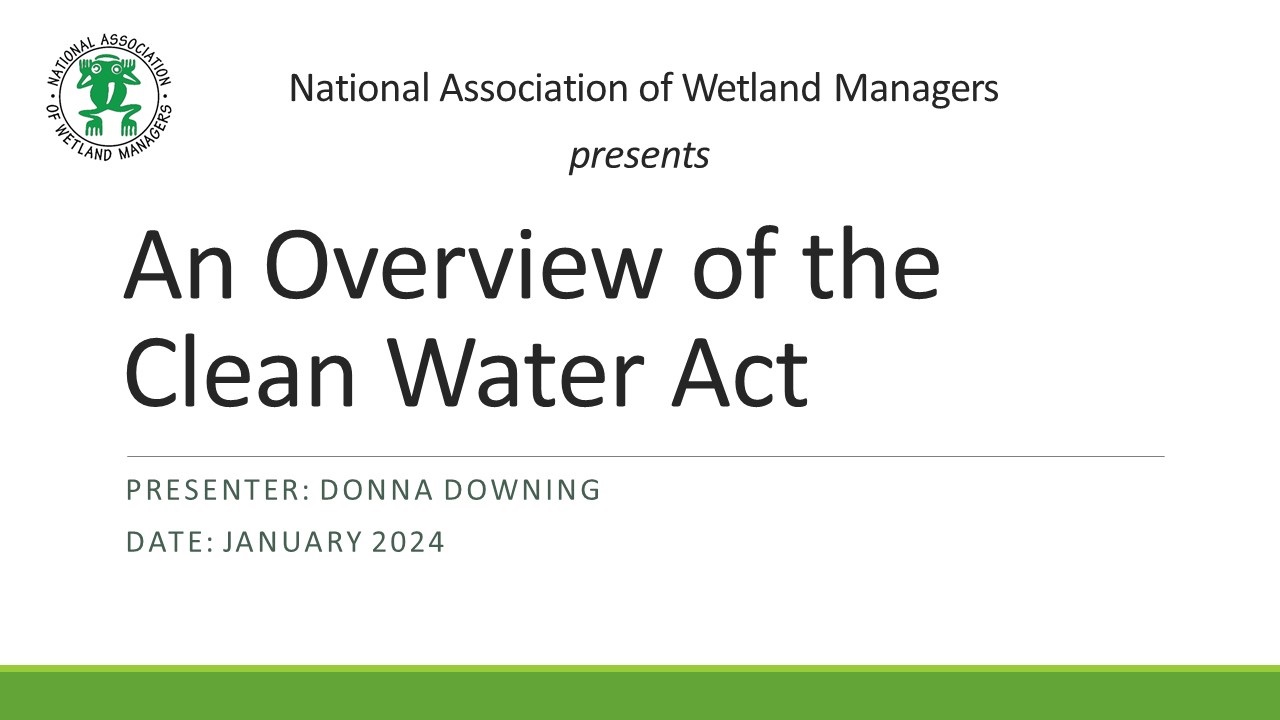
| Dates/Location | | | Agenda | | | Meeting Materials | | | EPA CWA Resources/Trainings | | | More Information |
The Southwest Tribal Clean Water Act Training was held March 4-7, 2024 at the Isleta Resort & Casino in Albuquerque, NM. This training was organized by the National Association of Wetland Managers (NAWM) and Saint Mary’s University of Minnesota GeoSpatial Services (SMUMN GSS) in partnership with the U.S. Environmental Protection Agency (EPA). The training workshop was open to tribal staff involved in implementing water quality monitoring and assessment programs and related Clean Water Act (CWA) programs from across the country, with a focus on examples and applications for Tribes in the southwest. The training addressed four areas key to water programs: 1) Regulatory and non-regulatory approaches to program building; 2) Water quality standards; 3) Monitoring and assessment; and 4) Data (collection, management, etc.).
Training Workshop Dates and Location 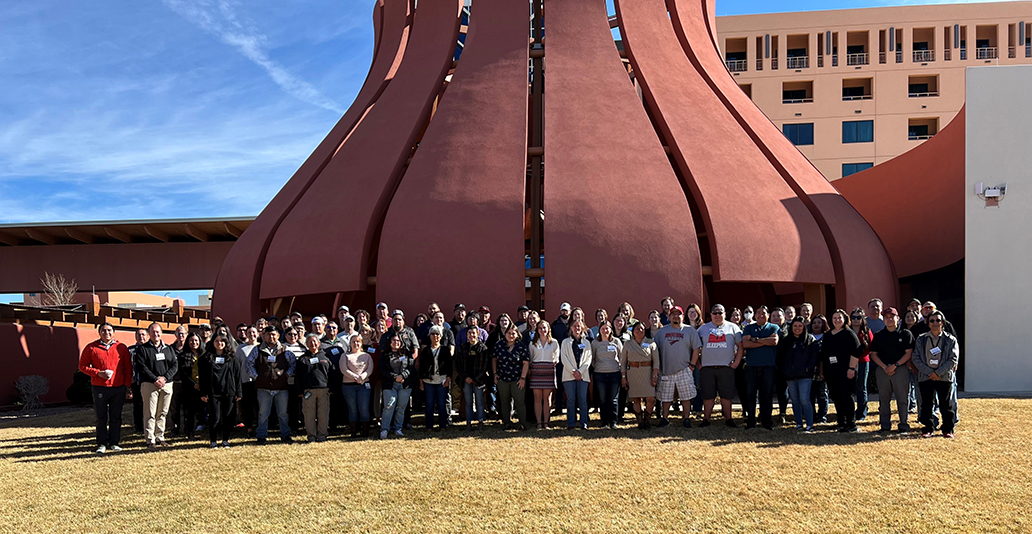
When: March 4-7, 2024
Location: Albuquerque, NM
Where:
Isleta Resort & Casino
11000 Broadway SE
Albuquerque, NM 87105
- Water Quality Program Basics (Liz Rogers, EPA Region 8)
- A Basic Introduction to Water Quality Standards (WQS) (James Ray, EPA)
- A Basic Introduction to Monitoring, Data, & Assessment (Adam Griggs, Jesse Boorman-Padgett, Cristina Mullin, and Rob Cook, EPA)
- Review of Current Federal Rulemakings and Proposed Regulatory Changes – Part 1 (James Ray, EPA)
- Review of Current Federal Rulemakings and Proposed Regulatory Changes – Part 2 (Lauren Kasparek and Myra Price, EPA)
- Sackett v. EPA: Potential Implications for Tribal Nations (Nadine Padilla, University of New Mexico School of Law)
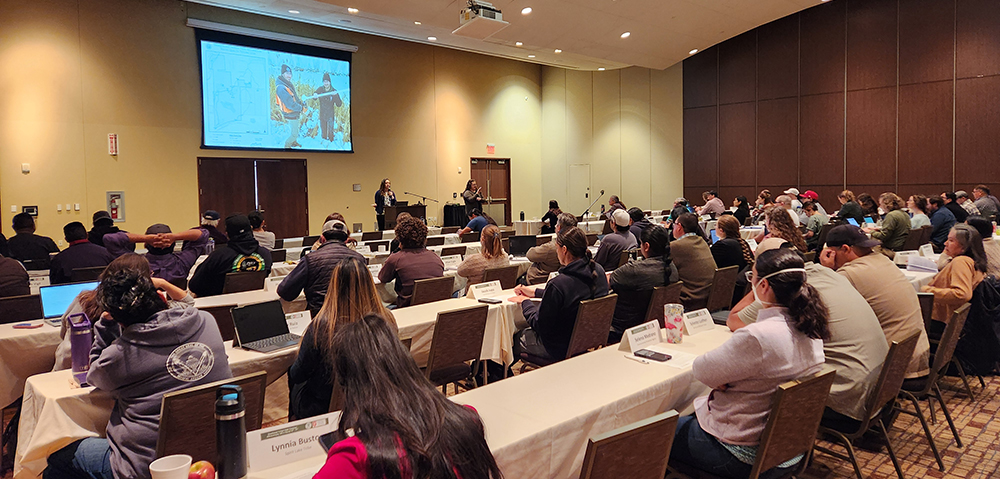 DAY 2: SHARING STORIES – LESSONS LEARNED FROM TRIBES
DAY 2: SHARING STORIES – LESSONS LEARNED FROM TRIBES - Overview of White Mountain Apache Tribe’s Water Resources Program (Sean Parker and Javis Davis, White Mountain Apache Tribe)
- Protecting Tribal Water Resources in Northwest California (Gregg Young, Potter Valley Tribe)
- 319 NPS Work Building BMP Structures to Address Impacts from the 2011 Las Conchas Fire and Flooding (Dino Chavarria, Santa Clara Pueblo)
- Taking Action on Stormwater Pollution: Snoqualmie Tribe Floating Treatment Wetland Installation (Kelsey Payne, Snoqualmie Indian Tribe)
- Water Quality Standards and Ongoing Work to Protect, Monitor, and Improve the Water Resources of the Pueblo of Santa Ana (Tammy Montoya, Joshua Jojola, and Malcolm Vigil, Pueblo of Santa Ana)
- You Inherited a Monitoring Program. What Now? (Megan Poffinbarger, Pechanga Band of Indians)
- Challenges in Monitoring Different Waterbodies on Santa Clara Pueblo (Robert Gutierrez and Jake Naranjo, Santa Clara Pueblo)
- Flowing Knowledge: Leveraging R Software for Management and Analysis of Water Quality Data on the Bishop Paiute Reservation (Brianda Hernandez and Sabrina Barlow, Bishop Paiute Tribe)
- Regulatory & Non-Regulatory Approaches:
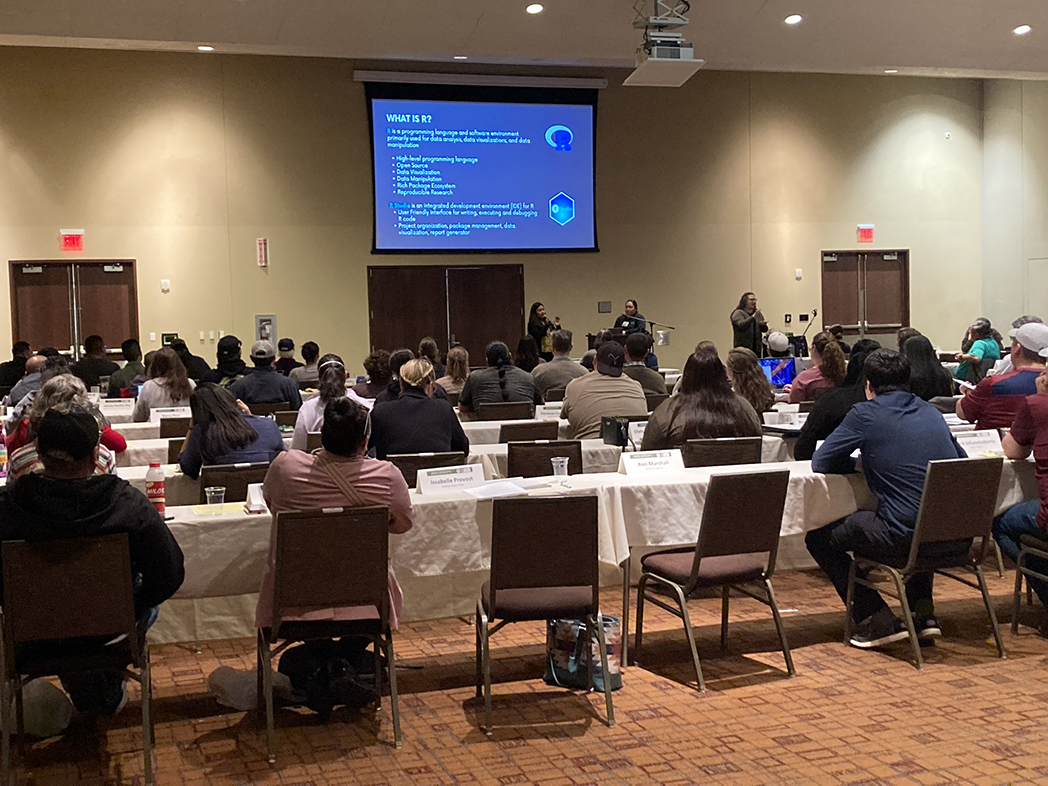
- Federal Grant Writing: Identifying Opportunities and Developing Proposals (Dana Catron, NMSU Arrowhead Center)
- CWA §319 Tribal Program: Nonpoint Source Pollution Management (Margot Buckelew, EPA)
- Wetland Program Development and GAP Grant Program (Myra Price, EPA)
- Overview of Treatment in a Similar Manner as a State (TAS) (Kelli Williams, EPA Region 9)
- Treatment in a Similar Manner as a State (TAS) Opportunities through the 2023 CWA Section 401 Rule (Liana Prudencio, EPA)
- Using wetland functional assessments to develop a Section 404 monitoring and assessment program (Andy Robertson, SMUM-GSS)
- Water Quality Standards:
- Introductory Training on Water Quality Standards for Tribal Waters (Jasmin Diaz Lopez, EPA Region 6)
- Intermediate Training on Common Tribal Water Quality Standards Interests (George Parrish, EPA Region 8)
- Monitoring and Assessment:
- Water Quality Monitoring and Quality Assurance Project Plans (Rob Cook, EPA Region 6)
- Monitoring Ecological Change and Project Effectiveness: Examples from San Antonio Creek, Jemez Mountains, NM (Karen Menetrey, Rio Grande Return)
- What Can Geospatial Approaches Do For Your Monitoring and Assessment Program? (Kathy Allen, SMUM-GSS)
- Assessment Methodologies, ATTAINS, and How’s My Waterway (Jesse Boorman-Padgett, Cristina Mullin, and Selena Medrano, EPA)
- Data:
- Submitting to WQX (Adam Griggs, EPA)
- WQP and TADA (Jesse Boorman-Padgett and Cristina Mullin, EPA)
NAWM developed an introductory training session that provides an overview of the Clean Water Act and was available for attendees to watch prior to the training workshop.
An Overview of the Clean Water Act (Presentation - PDF)
EPA has extensive tools, resources and training sessions available online for your use. Resources that are most pertinent to the training workshop are compiled here for your reference:
If you have any questions, please reach out to Portia Osborne, Assistant Director at portia@nawm.org.
